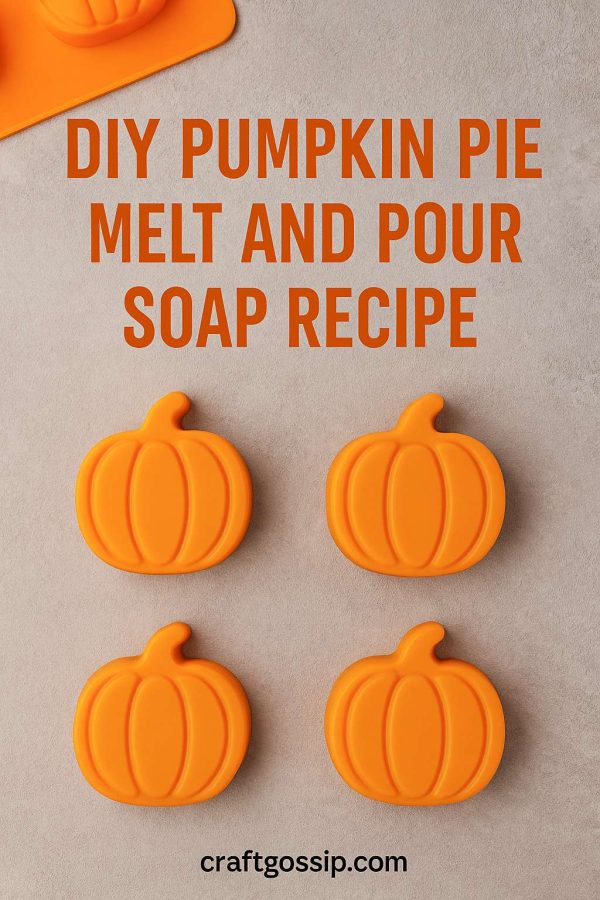
If you can count then you can master this “trick” to falling a sleep. Don’t take my word for it as there is a Dr behind the science of just how and why this “counting” technique works. You can check out the detailed trick here. How To Fall A Sleep In 60 Seconds. At the moment I am so tired falling to sleep isn’t the issue it’s staying awake. Let us know if you try it and if it works for you.

Leave a Reply